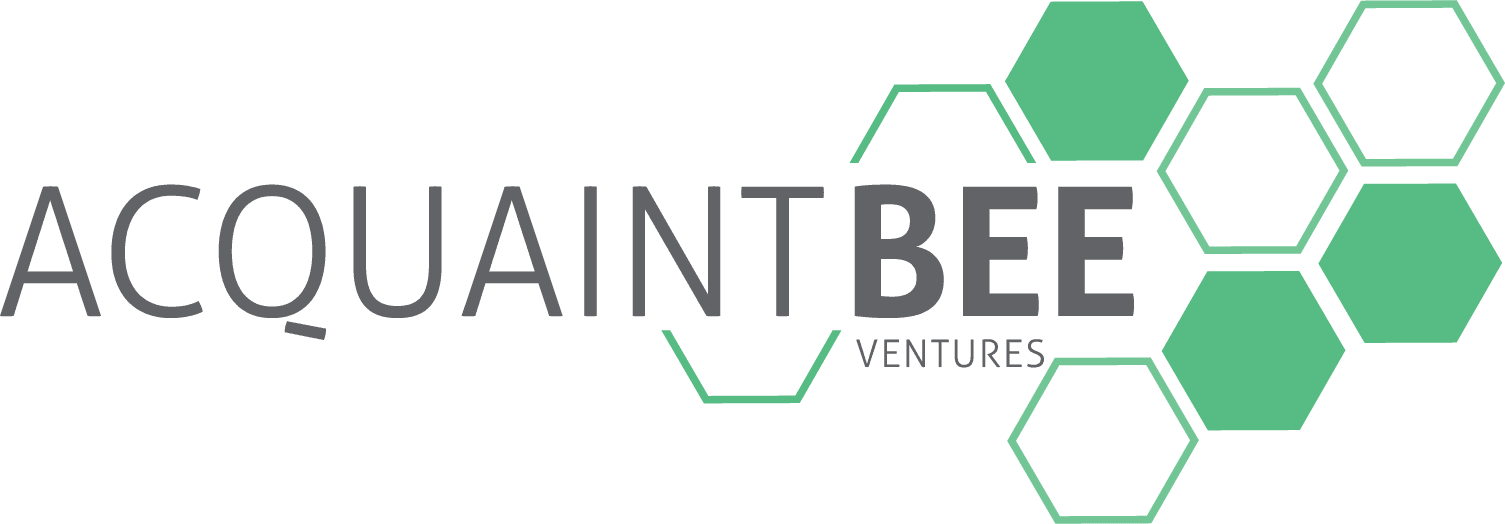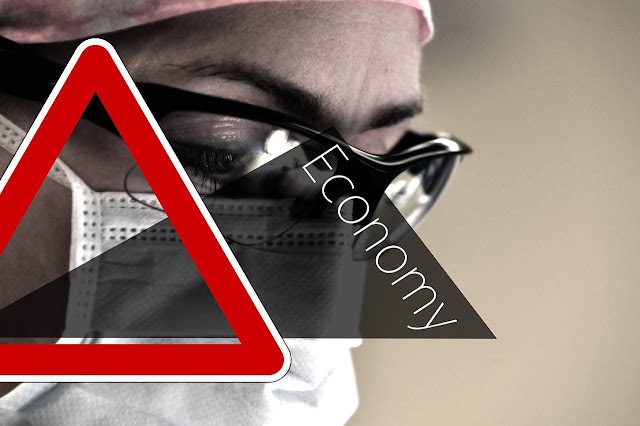Nature with its mystical and cosmic powers is certainly capable to mend imbalances be it in the form of ecological (natural disasters; climate change), geographical (population, pandemics), economic (boom and bust, market re-corrections ) or evidentially plays a critical role in our personal life developments (facing crossroads)
Today late Gen Ys and early Gen Zs are dwelling in a time where economic euphoria is bound to loll, perhaps hinting at their very first experience of a probable recession.
But first of all what is a recession: it is ubiquitously agreed that recessions are times when the economic activity or GDP of a country or global economy declines for more than 3-4 quarters or beyond. Perhaps a ramification of geopolitical turbulences, war or pandemics. It entirely is also dependent on how the central banks manage the two super important indicators inflation and growth to maintain the economic balance.
So how have we reached this stage? Well, so the story commences as follows!
Amid the rise of Coivd 19 central banks around the world adopted quantitative easing pumping an influx of liquidity in the economy in the hope that it would be invested in the purchase or creation of productive income generating assets.
For instance
– expansion of manufacturing capacity by businesses for increased production, leading to enhanced economic activity, inherently generate employment, leading to ascending purchasing power of individuals and subsequent consumption.
– purchase of stocks (bolstering businesses by investments so they thrive in the tough times; in the hope of EPS expansion (earning per share),
– government spending on infrastructure.
Hence all these activities would no doubt multiply employment rates, purchasing power of individuals, enhance standard of living and eventually reconfigure the engines of the reckless economy carving for lubrication to get itself back running.
Unfortunately pumping up the economy with printing of money is not always the best solution as it leads to unintended consequences such as inflation, today’s reality! As well as currency depreciation hinting at a weak economy. In simple words the assets we own today will be worth much lower than when we bought them.
Alas the economy, businesses and consumers failed to take advantage of this influx of this liquidity as stockholders/traders engaged in reckless speculations and euphoria (basing their decisions on p/e expansion v/s EPS expansion). Actually the valuations were inflated due to the immense money supply and subsequent speculations by traders instead of actual business output in terms of increased sales and profits or eps as was intended.
Businesses around the world especially startup’s experienced access to capital like never seen before, quoting insanely absurd valuations and burning money like crazy to expand their businesses. Blowing startup bubbles. Again a ramification of quantitative easing.
Listing of startup’s on the stock exchange around the world at insane valuations was bound to be re-corrected and so that did happen as market corrections made entrepreneurs realise their true fair valuations, and the Herculean task they have to compete with the best of the best.
Startups are businesses that unfortunately don’t generate cash flows for a very long period of time. They expect their businesses to be funded by external investors, burning cash exorbitantly to achieve exponential growth. They only have cash inflows and outflow, no reserves, hoping to generate cash and profits in the future. At the present they will encounter challenges in the coming months or year to initiate fresh fund raises as investors remain sceptical to invest in startup as returns are unpredictable especially at this moment. Startup’s are expected to survive using their existing cash present in their bank accounts. Plausible layoffs are certain. A heated debate that is wrecking the future of many startups.
In addition to the consequences of the first ever wave of covid 19 on the economy further incidents spun the central banks into a frenzy to control high inflation due to supply chain constraints leading to higher commodity prices. Primarily caused by geopolitical reality in Russia and Ukraine and incessant rise of Coivd- 19 in China again propelling lockdowns again.
Businesses are grappling to meet demand of customers due to supply chain constraints (reduced supplies) [ inconsistency in supply and demand] thus leading to increasing prices to maintain margins. Fear of unemployment is again a centre of debates in the board-rooms as employees demand for more wages to compensate for their daily expenditure i.e. now jeopardised by inflation.
Therefore as businesses aim to maintain margins, consumer spending and sentiment is plummeting.
Economic analyst and investors at the moment believe that this situation will bolster the cleaning of the highly inflated share market valuations and startup valuations, leaving only worthy companies to survive this turbulent time, accentuating their fundamental strength. A halcyon time for value investor to spot the worthy investments with long terms spectacular returns. As Warren Buffet has quoted be fearful when others are greedy and greedy when others are fearful.
Inflation is not bad and some percentage is healthy, however flaring inflation is making the global economy go berserk as asset prices have been deprecating due to market corrections.
Central banks at this moment are contemplating to increase interest rates to bring back economic balance especially to control inflation (result in high cost of capital for businesses and individuals therefore less spending). So the excessive trading and speculation in the heated stock market will reduce, fundraises for a zillion startups will become infrequent hence they will pay attention to the use of each and every single penny they have raised v/s the cash burn strategy and traditional businesses will focus on curbing costs, borrowings and improve business efficiency so they can induce demand for their products or services.
So are we at the stage of apparent cessation of the excesses, rejuvenation of the economy, or economical detox?
Typically the economy moves in cycles because of basic human nature of individuals and governments to spend more than what they earn resulting in creation of short term and long term debt cycles. The key for better economy is to make sure your productivity, efficiency and income growth should be more than the credit created in the system so that you don’t fall into vicious debt cycles. More credit growth and less income growth and easy money supply results in boom and bust scenario for the economy that ultimately have to be dealt with natural recession or induced recession or hard or soft lending by deleveraging the economy (via austerity, reducing debt, tax increase to distribute wealth, fiscal and monetary stimulus) thus, correcting the excesses and imbalance in the economy. If the same cycle with extreme excesses goes out of hand it would turn out to be a depression and have a huge impact and consequences for nations and geopolitics. So the economy has to be dealt with right levers at different times to maintain equilibrium and balance.
Central banks had taken a different approach to address economic growth with modern monetary theory which says that government or central banks can keep printing money as long as it is not inflationary. For instance in the case of USA/Japan/Europe they have been doing so since long time via quantitative easing. They were experiencing deflation or minimal inflation earlier so quantitative easing was not harmful. It is the time modern monetary theory will be tested as inflation is becoming out of control.
Ultimate panacea for economic ills is to have robust income and productivity growth, technology development, use of credit in the system to create productive and income generating assets and huge efficiency to generate real economic return for the system.
Individuals across the world encounter these turbulent times and hence it’s imperative for individuals to understand the economic dynamics and remain proactive to sail through such situations.
As mentioned above recessions can be a natural phenomena or strategically induced by central banks to maintain economic balance.
Which one are we heading towards? The voluntary or involuntary? Possible and evident cessation of excesses as experts argue their views around the world.


